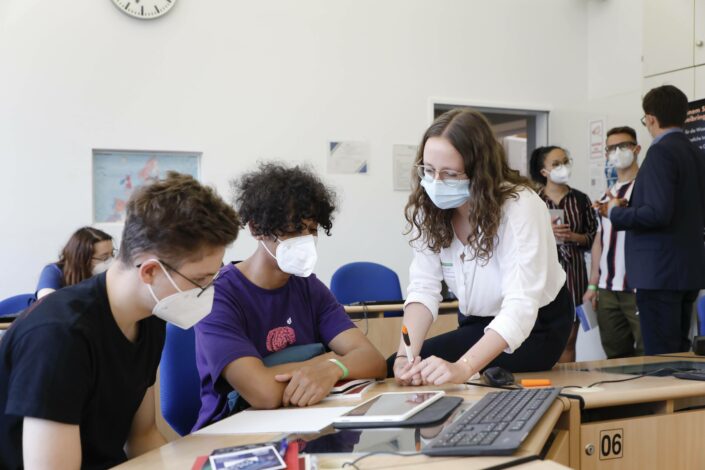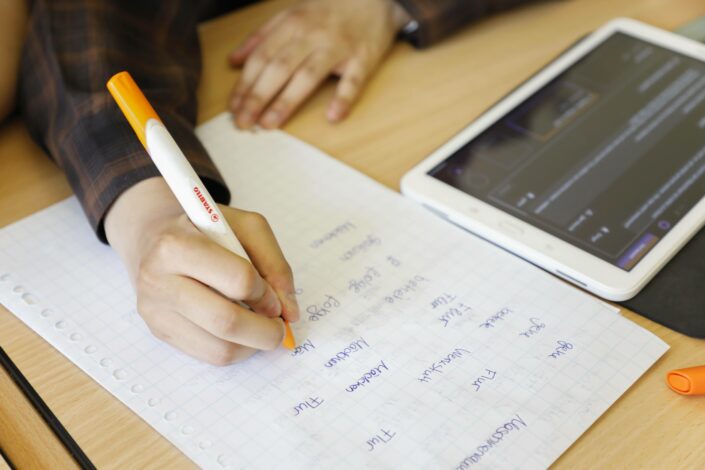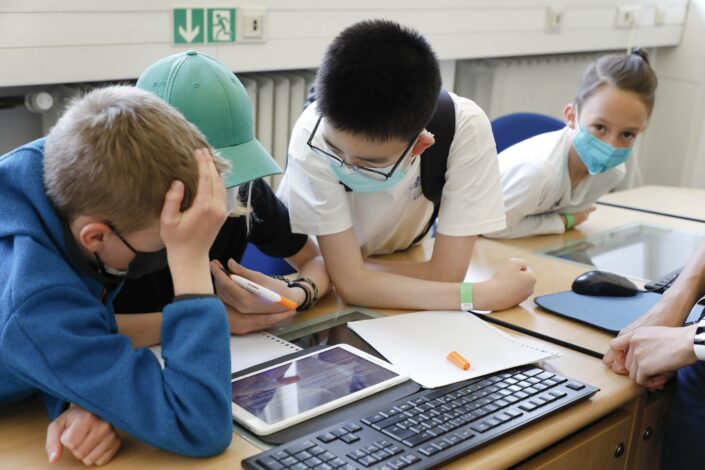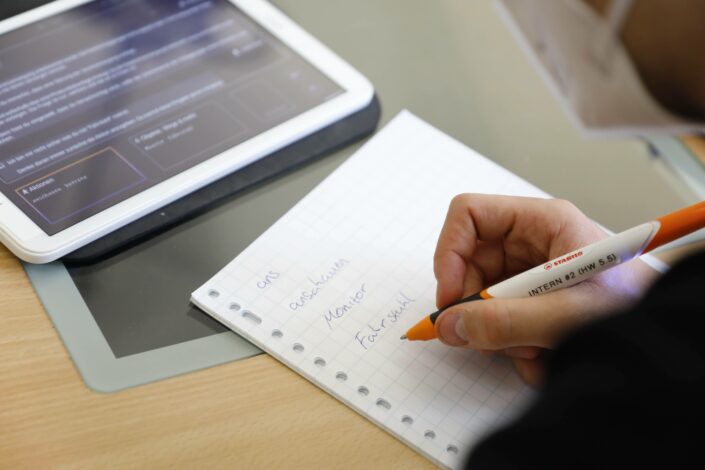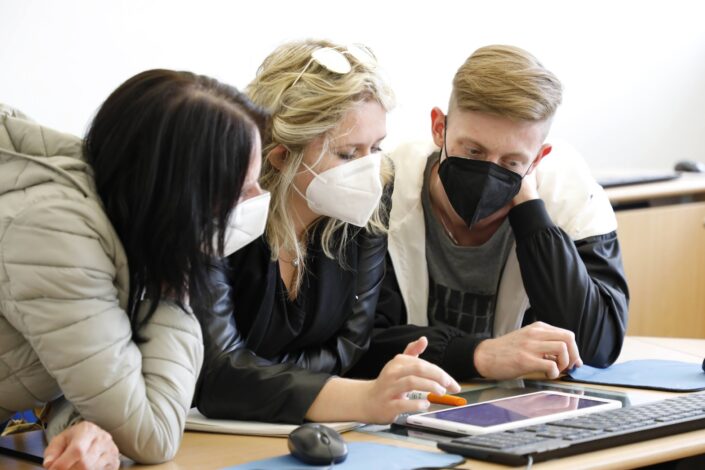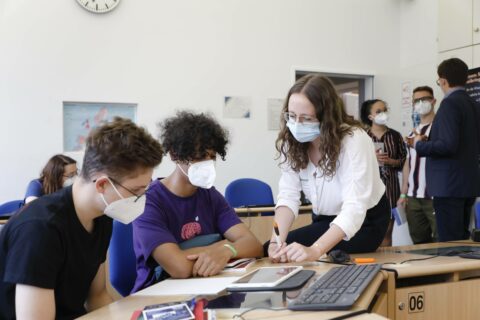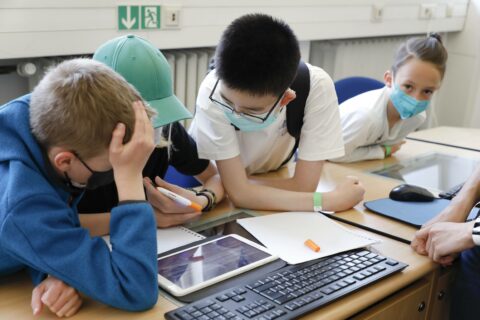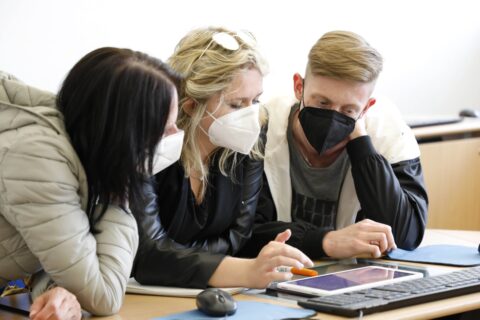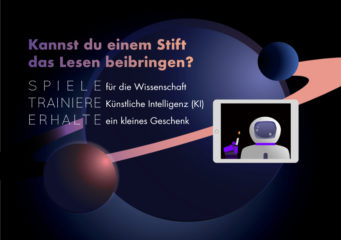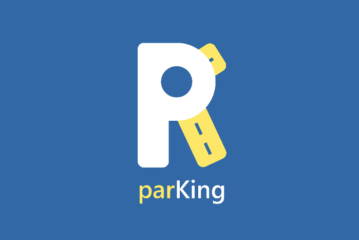Index
Project Seminar: Understanding and Designing the Metaverse (MA)


Since the science-fiction author Neal Stephenson coined the term “metaverse” in his novel Snow Crash, a portmanteau of “meta” (Greek for beyond) and “universe”, people have been dreaming of realizing his vision of a virtual reality-based three-dimensional (3D) successor to the Internet, in which people interact with each other, virtual agents and objects in the form of avatars. This virtual universe is envisioned to exist in parallel to reality, has its own economy, culture, organizations, rules, and laws, and, similar to the Internet, is considered to be an open, distributed, and collectively created space where anyone can become a content creator and can shape this collectively created virtual world.
Driven by recent cultural and societal developments − such as the increasing popularity of digital games and the acceptance of remote collaboration − as well as technological advances − such as AR and VR, 5G, blockchain technologies, cloud computing, streaming technologies, or artificial intelligence − various big technology companies have started developing platforms from which a potential metaverse could emerge soon. Metaverse-like platforms such as Roblox, Fortnite Creative, The Sandbox, VR Chat, Meta Horizon Worlds, and Minecraft are already attracting millions of users to design and jointly experience virtual worlds.
This seminar aims to understand how the metaverse may shape the future of research, education, business, healthcare, and society as well as what current and future challenges the topic entails. In this seminar, students explore the ongoing scientific discourse on the topic and strive to understand what socio-technological trends may support the further development of the metaverse. To this end, the students create immersive 3D content on popular and emerging metaverse-like platforms and investigate relevant research questions related to the topic in empirical studies. The seminar is positioned at the intersection of Information Systems and Human-Computer Interaction and strives to create knowledge by implementing and evaluating prototypes, interactive experiments, and case studies.
This project seminar applies a research-based learning approach, in which students learn how to read and understand scientific papers, develop, and evaluate hypotheses by using scientific methods, and think critically and creatively. Students learn how to solve scientific problems, challenges, and dilemmas. Further, the course trains skills for communicating in the field of science through writing and discussion and thus prepares writing a master thesis.
Prerequisites
Profound English skills are required. Further, creativity, experience in software design, user experience, prototyping, and software engineering are very helpful.
All participating students should be motivated to work in an international and interdisciplinary group on a challenging topic.
In-depth game design knowledge, e.g. from participation in the course Designing Gamified Systems, is helpful and recommended.
Most of our projects require knowledge of software development. Willingnes to code is a prerequisite to participate in this course.
Topics
In the winter semester of 2024, we will be offering topics related to:
– INFLAMMANIA 3D – The Inflammation World: Several topics related to how we could use Roblox games as a media in medical education and science communication (see: https://gamification.rw.fau.eu/courses/student-projects/inflammania-3d/)
– PRIME – Privacy in the Metaverse (see: https://gamification.rw.fau.eu/research-gamification-and-digital-customer-engagement/research-projects/)
– Industrial Metaverse – Understanding the potential of the metaverse to increase situational awareness in dynamic decisions
– Metaverse meets Healthcare – Designing and understanding solutions for including the virtual self in transformative healthcare
Method of examination
Seminar paper and presentation
Lecturers
Prof. Dr. Benedikt Morschheuser
Tutors
Runjie Xie & Jonathan Stief (Roblox development)
Course details
Block lectures + Group work + Seminar Project
ECTS-Credits: 5 as team project, 10 as individual project (by arrangement)
Dates
Announced in StudOn and Campo
Registration
Via the official IIS seminar registration process.
Link to StudOn: https://www.studon.fau.de/crs5986405_join.html
Seats are limited.
Additional information
More details on the seminar, materials, technical requirements, and other information will be announced in StudOn.
Keywords: Metaverse, Interactive Information Systems, HCI, Web3, Virtual Reality, Augmented Reality, Mixed Reality, Gamification, Games
Designing a text-based adventure game to train an AI in reading handwriting
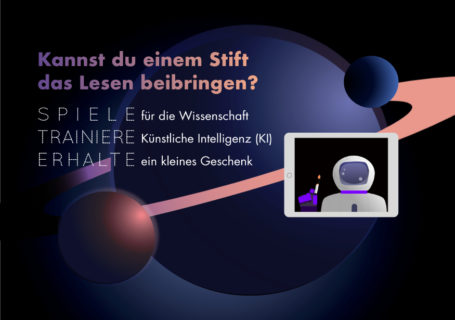
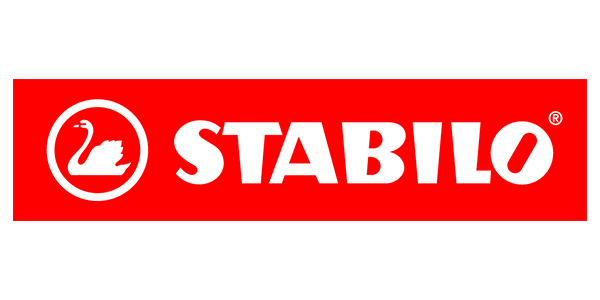
In collaboration with STABILO International GmbH, we developed a text-based adventure for the STABILO DigiPen. STABILO Dungeon is a gamified crowdsourcing approach that aims to engage people in writing words with the IoT device Digipen, a classic ballpoint pen equipped with sensors to detect movement and pressure of a person’s handwriting. The aim of this project is to collect handwriting data for further developing the Digipen’s machine learning algorithms.
The core game mechanism of STABILO Dungeon is primarily driven by a narrative: At predefined points in the game, the player controlling the protagonist can decide the story’s progression by writing down an actionable activity on standard paper. The possible activities are a set of pre-defined actions in the game, which makes it easy for the DigiPen to recognise the handwritten word and thus to further train the handwriting recognition.
While the benefits and potential of gamification have been consistently demonstrated in various research, it is crucial to acknowledge that gamification approaches are not always effective and vary in their success, possibly because standard gamification concepts such as one-size-fits-all (OSFA) approaches commonly lack the consideration of the diversity of users. However, with adaptive gamification, this issue can be addressed by adapting the system to the individual user’s preferences.
Between January and May 2022, the experiment was presented on two consecutive weekends at JOSEPHS, an open-innovation laboratory in the city-centre of Nuremberg, as well as at the “Long Night of the Sciences” in Nuremberg. In total, the study resulted in a collection of 8,563 crowdsourced handwritten words. 135 participants completed the experiment by playing the game as well as filling out two questionnaires which measured the players’ enjoyment and intention for future play, amongst others.
The public-service radio and television broadcaster Bayerischer Rundfunk released a short video in German showcasing the experiment as well as the DigiPen as part of the Frankenschau at 28.02.2022.
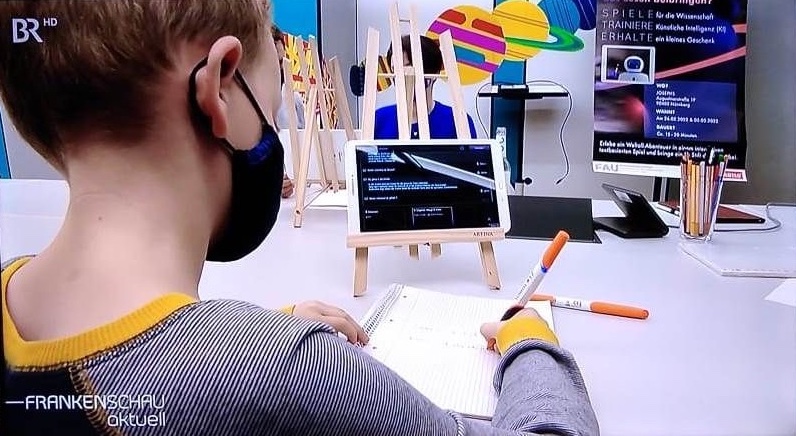
For more details, see: https://www.br.de/mediathek/video/erste-testlaeufe-intelligenter-stift-digitalisiert-handschrift-av:621d14290b569700085cde93
We thank Jens Barth, Tim Hamann and Peter Kaempf of STABILO International GmbH for the exciting collaboration.
The study was presented as a conference paper at the Hawaii International Conference on System Sciences 2023 in January 2023. Please see the paper for full details:
CUBEness
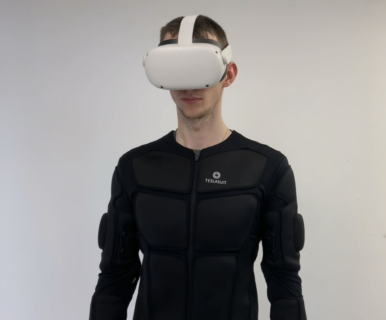
Challenge: In recent years, exploring space has become a trending topic again. Various private organizations such as SpaceX, Blue Origin, or Virgin Galactic and government organizations from the USA, China, India, Europe, or Russia compete for supremacy in space. Besides the exploration of new dimensions, this trend paths the way for innovations that will also change our life on earth. For example, an increasing number of satellites orbiting our earth, offer new possibilities for earth observation and high-speed internet anywhere on earth. This offers new challenges and opportunities, which can be tackled with approaches from game design and gamification. Thus, the task of this semester’s course on Designing Gamified Systems was to:
Design an innovative game or gamification approach in which gaming, space technology and mobility meets in order to either A) improving life on earth or B) improving life in space.
Date: Winter semester 2021
Lecture: Designing Gamified Systems
Result:
CUBEness
Team: Heschu Qarani, Jonathan Stief, Sherwet Galal, Cem Karatasan, Gerrit Sußner
Abstract:
The interest in space is constantly increasing: From space agencies planning longer projects, such as NASAs’ Artemis mission, to private companies such as SpaceX planning to put humans on Mars. Overall, the private sector of space tourism is projected to reach a total of US$1.7 Billion by 2027. The market will expand much further in the future, with long-term missions becoming increasingly frequent.
Yet these long-term missions pose significant strains on both the human body and the mind. First among them is the deterioration of muscles, muscle atrophy, and the cardiovascular system through microgravity. These effects are so severe that even short missions (< 30 days) can cause a muscle volume loss of 5.5 to 15.9 percent. In order to combat these effects, most space agencies employ in-flight exercises of about 2.5 hours six days a week. Secondly, space missions represent the “perfect boring situation” and can invoke mental health issues.
Our VR solution addresses both aspects equally, as it gamifies the required exercise to avoid physical consequences, as well as challenge the players mentally and provides opportunities for experiencing social relatedness. For this, it uses both state-of-the-art VR equipment, as well as a Teslasuit, to not only make the experience feel even more immersive through haptic feedback, as well as the possibility to enhance training effects. The main game consists of resource collection during the exercise and a base-building type game in the phases between workouts. Both take place in VR.
In order to overcome the dullness of the monotonous environment, the game features a story putting the players in a scenario in 2075, where Mars has been colonized, and it is now their shared mission to defend and extend the colony. However, players need to collect resources through exercise to repair and build further modules, which is conducted within the VR game.
In the story mode, they are guided through their exercise by story-related messages, collecting resources while traversing the base and the landscapes of Mars. As voluntariness represents an important point in the acceptance of gamified approaches, however, players also have the option to avoid the story. While exercising, they collect resources by swiping them to the side with their controller. From the collected resources they then have the possibility to build three different types of buildings: (1) shelter domes, which set the defense for the whole colony, (2) windmills, which produce electricity for the colony, (3) greenhouses, which produce oxygen. To increase complexity, create fun, and challenge players mentally, the electricity and oxygen stats must match the shelter, or the colony will be dysfunctional, and the defense will receive a debuff. Players will have to ready their bases for increasingly difficult challenges, such as further alien attacks, sand storms, and similar difficulties that life on Mars would bring. This aims to create a long-time engagement in the player, relying on the immersion and social interaction between the crewmates of the space mission to defend their shared colony.
We use a Teslasuit, a smart textile two-piece full bodysuit, to make the experience immersive and interactive. The suit provides haptic feedback, captures motion and biometric functions. Further, a full-body haptic feedback system is built into the suit with 80 electrostimulation channels, which could be used to provide instant feedback on the players’ performance within the game. It can be functionalized in response to motion capture comparison at any time. No additional equipment will be need. The approach may be used with existing training equipment in space stations such as the ISS.
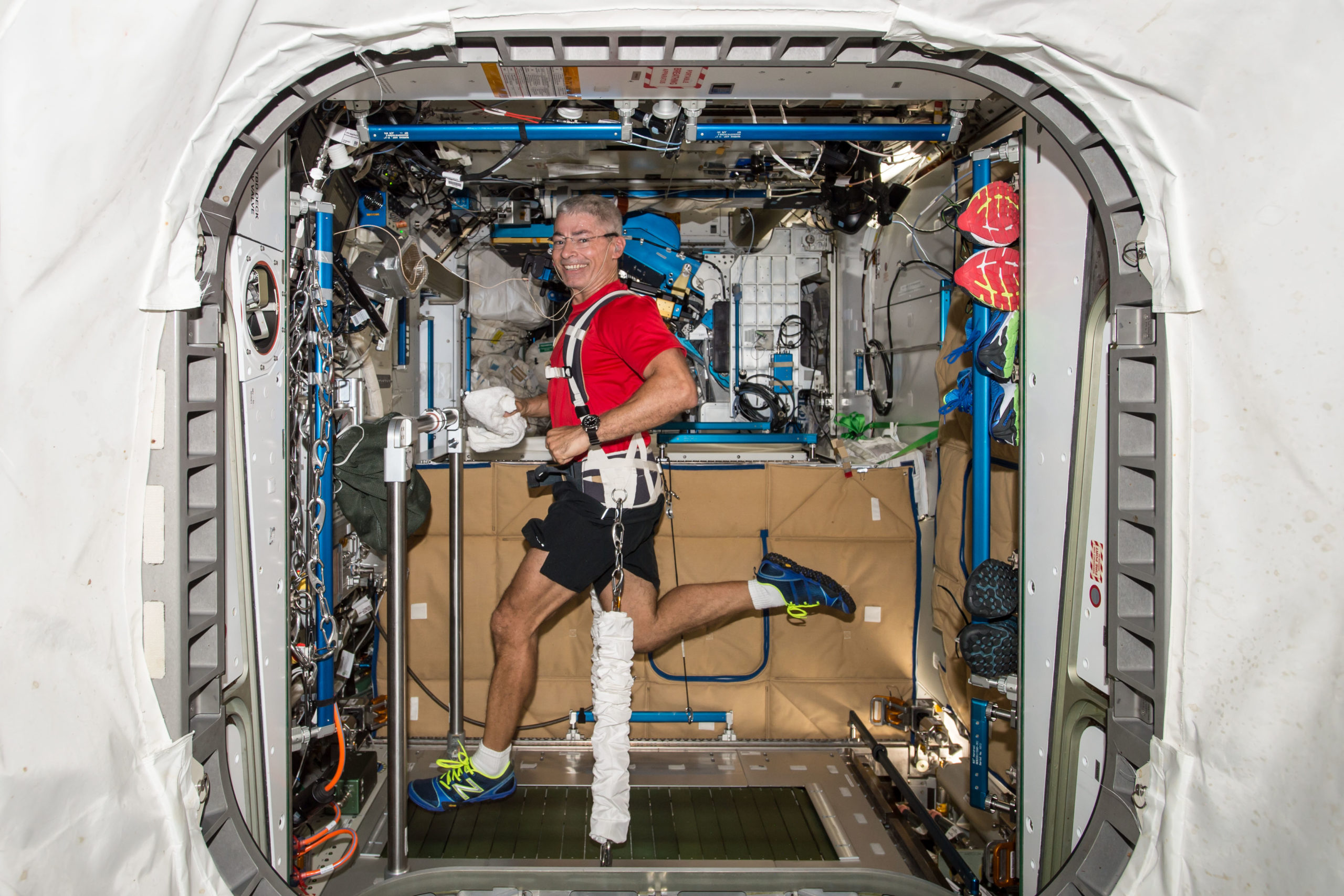
ParKing – A gamified crowdsourcing approach to simplify parking
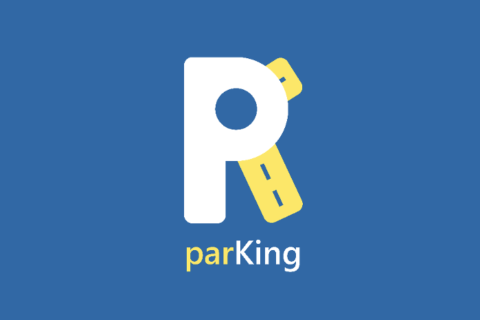
(The project was conducted by Dr. Benedikt Morschheuser outside FAU)
Finding a parking spot in large cities is often time-consuming and stressful. Studies conducted in different cities around the globe revealed that around 30% of prevailing traffic is cruising for parking (Shoup, 2005, 2006). The traffic generated by people searching for a parking spot has great economic and ecological consequences: Searching for parking is responsible for tons of carbon dioxide emissions every day and heavily influences the time and fuel consumption of other drivers (Arnott et al., 2005; Axhausen et al., 1994; Shoup, 2005, 2006).
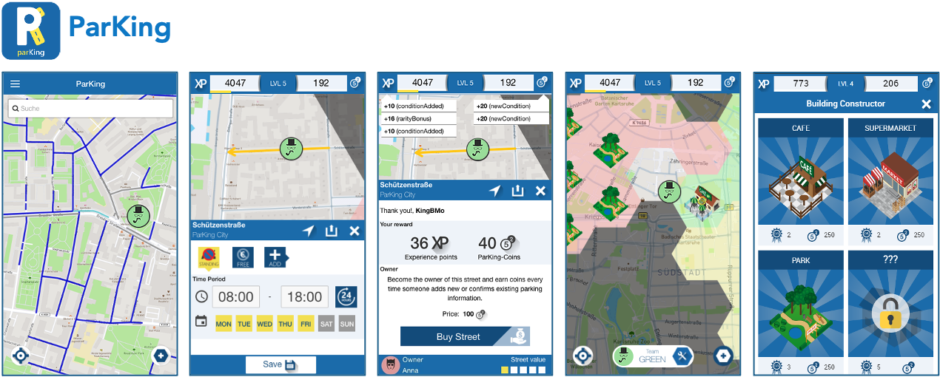
The idea behind the project ParKing was that a “Gamified Parking Assistant System” may help drivers unfamiliar with the parking situation of a city, such as tourists or business travellers, with getting an overview and reducing their cruising for parking. As part of the project, gamification patterns for engaging people in sharing information on parking spaces has been identified, evaluated and a working prototype of a gamified parking assistant was developed. A three-month field experiment across Germany with 372 people showed that the concept worked out and a comprehensive map of on-street parking spaces could be generated.
Results concerning the effects of different gamification design features on motivation and participation received international attention in the gamification research community and were published in the article:
Morschheuser, B., Hamari, J., & Maedche, A. (2019). Cooperation or competition – When do people contribute more? A field experiment on gamification of crowdsourcing. International Journal of Human-Computer Studies, 127, 7−224. doi: 10.1016/j.ijhcs.2018.10.001
Please see the paper for full details:
Article in the International Journal of Human-Computer Studies
Free pre-print on ResearchGate
Furthermore, several news media reported about this project, including the national radio channel Deutschlandfunk as well as the newspapers Badische Neueste Nachrichten (BNN) and Frankfurter Allgemeine Zeitung (FAZ).
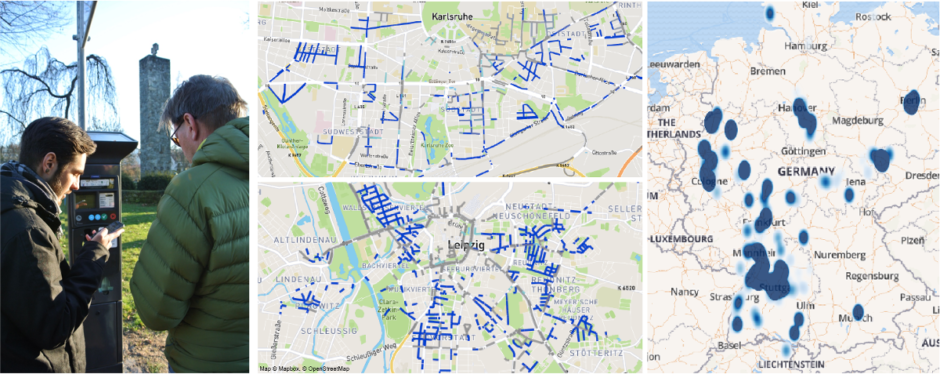
The website parking-app.de provides a detailed overview about the study conducted and the prototype developed with students from the Karlsruhe Institute of Technology and the University of Mannheim. The website summarizes bothproject vision and conducted research.
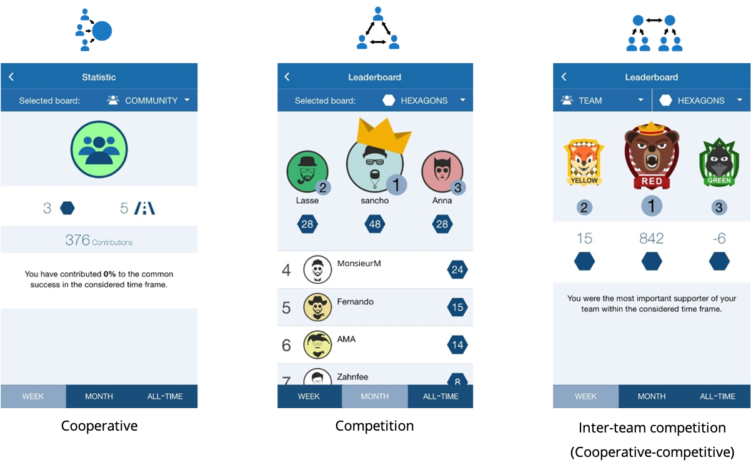
Based on the results of this study, Robert Bosch GmbH developed the app “Parkineers”, which has been released as iOS and Android app in Germany.
References
Arnott, R., Rave, T., & Schöb, R. (2005). Alleviating urban traffic congestion. MIT Press.
Axhausen, K. W., Polak, J. W., Boltze, M., & Puzicha, J. (1994). Effectiveness of the parking guidance system in Frankfurt am Main. Traffic Eng. Control 35, 304–309.
Shoup, D.C., 2006. Cruising for parking. Transp. Policy 13, 479–486. doi:10.1016/j.tranpol.2006.05.005
Shoup, D.C., 2005. The high cost of free parking. Planners Press, Chicago.
Morschheuser, B., Hamari, J., & Maedche, A. (2019). Cooperation or competition – When do people contribute more? A field experiment on gamification of crowdsourcing. International Journal of Human-Computer Studies, 127, 7−224. doi: 10.1016/j.ijhcs.2018.10.001
Research projects

PRIME – Privacy in the Metaverse

The metaverse is seen as a potential successor of today’s internet. While tech companies are emphasizing the enormous economic potential of the metaverse, it also poses new threats to the privacy of potential users.
In this context, the research project “PRIME – Privacy in the Metaverse” aims to gather knowledge in the current early phase of the development of metaverse platforms in order to enable citizens to engage in an informed discourse about the opportunities and risks of using metaverse platforms for their privacy, self-determination and data protection. The project also aims to develop new methods and design principles to support content creators and service providers on metaverse platforms in protecting the users’ privacy.
The joint project, funded by the German Federal Ministry of Education and Research (BMBF) for 36 months, is being carried out by our research group at FAU in close cooperation with Prof. Dr. Christian Thorun of ConPolicy GmbH in Berlin, Prof. Dr. Louisa Specht-Riemenschneider of the University of Bonn, Prof. Dr. Gerald Spindler of the University of Göttingen. In detail, the project pursues the following focal points:
- Design and evaluation of user interfaces and design principles that enable users of metaverse platforms to effectively exercise their right to privacy and, among other things, adequately support their informed consent, and protect themselves from harassment and assault.
- Development and testing of metrics to evaluate the design of virtual content on metaverse platforms for its impact on user privacy in order to mitigate dark patterns and deceptive designs in the metaverse.
- Research and testing of innovative design and development processes to gather the user opinions on metaverse content with respect to the aforementioned user interfaces and metrics, both using classical methods of usability research as well as methods used in the metaverse itself.
The research project builds on broad public relations and cooperation with regional partners, such as the open innovation lab JOSEPHS in Nuremberg, the XR Hub Bavaria, Games in Bavaria, or Journee Technologies GmbH.

Funding reference: 16KIS1895
Duration: July 1, 2023 – June 31, 2026
Further information:
– https://privacy-metaverse.de
– https://www.forschung-it-Sicherheit-kommunikationssysteme.de/projekte/prime
Team: Jeanine Kirchner-Krath, Runjie Xie

eCo-CreAItion: Exploring Human-AI Co-Creativity for Sustainability Innovations
Digitalization is influencing all areas of social and economic life, and artificial intelligence (AI), in particular, as a disruptive technology, is fundamentally changing how people work with technology. At the same time, we are facing critical societal challenges that need to be solved with new ideas and a spirit of innovation. The integration of AI into creative processes, known as human-AI co-creativity, promises to open up new avenues of innovation in order to develop solutions to pressing challenges.
The “eCo-CreAItion” research project addresses this potential and investigates how human-AI co-creativity can succeed for sustainability innovations in the context of developing sustainable business models. Psychological, ethical and technological perspectives on the co-creative process will be examined, motivational designs for co-creativity processes will be developed and evaluated on this basis, and finally, the effect of such co-creative processes on the emergence of sustainability innovations will be investigated. In this way, the project expects technologically, economically and socially relevant results. From a technological perspective, new insights will be generated into the roles of AI systems and how human-AI collaboration processes can be designed to enable genuine creative partnerships in which AI not only assists as a digital support system but also actively participates in the creative process. From an economic point of view, the project develops important foundations for successful human-AI collaboration in the corporate context by identifying psychological and ethical factors that are crucial for a successful co-creation process and, building on this, developing new motivational design options for human-AI collaboration that can also be transferred beyond the project context to human-AI collaboration in organizations. From a societal perspective, the project provides a first blueprint to show how AI can take creative processes to a new level and thus drive innovation processes to solve societal challenges.
Project objectives:
- Analysis of psychological, ethical, and technological factors influencing human-AI co-creative processes in the context of sustainable business model ideation
- Exploration of motivational and ethical designs to enhance human-AI co-creativity
- Examination of how human-AI co-creativity can drive sustainability innovations
- Exchange with practice and the public through participatory science communication
The project is funded by the Bavarian Research Institute for Digital Transformation (bidt) in the course of the „Graduate Center für Postdocs“ program.
Duration: 01.01.2025 – 31.12.2028
Team: Jeanine Kirchner-Krath

Discovering Gaming and Gameful Content Creation in Mobility
In cooperation with CARIAD, we are exploring in-car gaming and the art of creating gameful content within the automotive industry. It’s a unique blend of cutting-edge research and real-world application that promises to redefine how we experience cars. Based on our gamification and gaming expertise and the technological prowess of the CARIAD, we’re diving deep into the world of in-car gaming. We’re not just playing games; we’re shaping the future of mobility and entertainment. Our goal is to bring the excitement of gaming into mobility, creating immersive experiences that blend seamlessly with your daily commute. Imagine driving becoming more than just a chore – it becomes an adventure, a challenge, and a source of fun.
Project objectives:
- Design and development of gameful content creation solutions
- Explore factors influencing the in-car gaming experience
- Derivation of design principles
Team: Johanna Eiting, Jonathan Stief
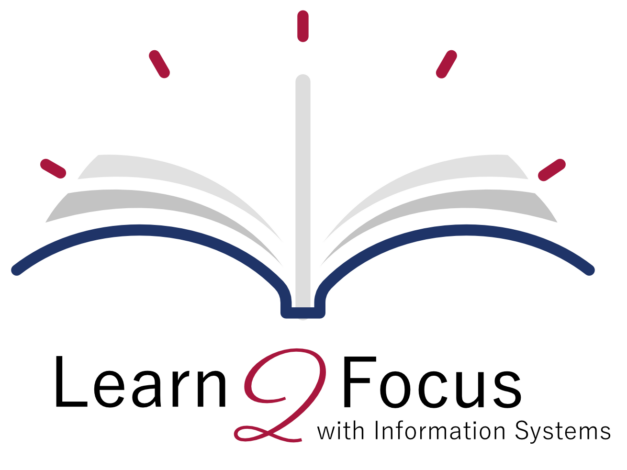
Learn2Focus with Information Systems: Exploring the Potential of Motivational Information Systems against Procrastination in Academic Contexts
Procrastination – the deliberate postponement of necessary or important tasks knowing that this will have negative consequences in the future – is a widespread phenomenon in the academic context, affecting up to 50-70% of all students and researchers. In addition to obvious effects on academic performance, procrastination is also associated with serious consequences for mental health of those affected. The research project “Learn2Focus with Information Systems” aims to investigate the potential of motivational information systems as a novel and accessible intervention to support self-organized work in academic contexts.
Project objectives:
- Investigating the effects of motivational information systems to combat procrastination among students
- Deriving design recommendations for the design of motivational information systems against procrastination in the academic context
The project is funded by FAU’s scholarship program for the “Realization of Equal Opportunities for Women in Research and Teaching” (FFL).
Duration: September 1, 2023 – August 31, 2024
Team: Jeanine Kirchner-Krath
Design and evaluation of gamification solutions to improve football training
In cooperation with adidas, we want to improve training and performance diagnostics in football through innovative gamification approaches. For this, we explore the impact of different gamification features using an existing adidas platform and wearable devices.
Project objectives:
- Design and development of different gamification features
- Evaluation of developed gamification features with regard to sociopsychological dynamics in the team and effects on the behavior of the football players
- Derive design recommendations and principles for gamification in team sports based on the results of field experiments
Team: Sandra Birnstiel

FontanQuest: A study on the potential of game-based training programs for children with Fontan circulation
In collaboration with the University Hospital Erlangen, we are investigating the psychological and behavioural outcomes of using game-based high-intensity interval training programs in children with Fontan circulation. The project is supported by the “Sonderfonds für wissenschaftliche Arbeiten an der FAU” by the city of Nuremberg and conducted together with PD Dr. Dr. med. Isabelle Schöffl from the pediatric cardiology department at the University Hospital Erlangen.
Completed projects
More details on our previous research will follow soon. In the meantime, please see our publications.
Designing Gamified Systems (MA)


Driven by the rising popularity of digital games, technology, business, and society are increasingly influenced and penetrated by games and trends of the gaming industry. One of the probably most important phenomena of this multi-faceted development is “gamification”, which refers to the use of design principles and features from games in the design of information systems, processes, and services.
Gamification’s popularity stems from the notion that games are a pinnacle form of hedonic information systems and thus are particularly effective in invoking intrinsic motivation and experiences such as autonomy, mastery, flow, immersion, relatedness, and overall enjoyment. Across industries, marketers, designers, and developers are thus using gamification as a design approach when engineering digital products and services with the purpose of inducing gameful experiences, influencing human motivation, and even change behavior in various contexts.
This course:
- teaches the key concepts, design patterns, and approaches of motivational, hedonic (i.e., games and video games), social and gamified information systems.
- offers deep insights into advanced concepts and theoretical foundations of game design, motivational psychology, and information system design.
- introduces methods and frameworks for designing gamified systems and managing gamification projects.
- discusses latest research findings and the potential impact of gamification on society, economy, and everyday life.
Course Overview
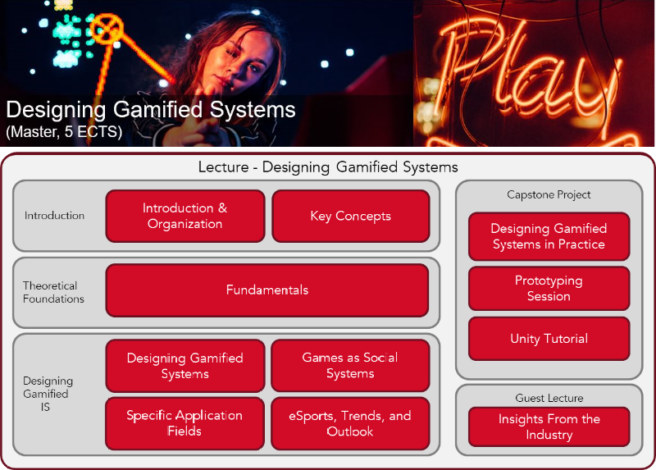
Capstone Project
The course is complemented with a practical design project in which students in a team select and apply design methods as well as techniques in order to create a prototype of a gamified or hedonic information system. Within this project, the students can apply knowledge and skills acquired in this lecture and their studies in a challenging context.
EELISA
This course is offered as part of the European Engineering Learning Innovation and Science Alliance (EELISA – https://eelisa.eu) to give the lecture an even more international setting and allow FAU students to collaborate in their projects with interdisciplinary students from all over Europe.
Learning Objectives and Skills
The students gain knowledge in understanding the underlying design principles of gamified and hedonic information systems and can analyze and discuss such systems. The students learn state-of-the-art methods, techniques, and tools for successfully conducting gamification projects and can select and apply them. The students can train their creativity, their prototyping skills as well as improve their collaboration and presentation skills.
Tutorials
The sessions are accompanied by tutorials where students learn the basics of developing games in Unity3D, as well as discuss current challenges in the implementation of their projects.
Prerequisites
Profound English skills are required. Further, creativity, experience in software design, user experience, prototyping, and software engineering are helpful. All participating students should be motivated to work in an international and interdisciplinary group on a challenging topic.
Lecturers
Prof. Dr. Benedikt Morschheuser
Tutors
Sandra Birnstiel (Unity3D and programming support)
Dr. Jeanine Kirchner-Krath (Advice on psychological theories and study design)
Partners and guest lecturers in summer semester 2024:
Project partners:
Dr. Jens Barth − Head of Software Solutions at STABILO International GmbH
Dr. Christine Anstätt − Senior Manager Innovation Projects at adidas AG
Pascal K. Whiba − Entrepreneur Digital Health (Exergaming.org)
Ralf Nickel − Schön Klinik, München
Dr. Kathrin Fuhrmann − Head of the Green Office at FAU
Guest lecturers:
Georgina Guillén-Hanson − Researcher on Gamifying Sustainable Consumption (Gamification Group Finland)
Daniel Fernández Galeote − Game Designer and Researcher on Gamifying Sustainable Consumption (Gamification Group Finland)
Dr. Velvet Spors − Researcher on Gamification of Mental Health (Gamification Group Finland)
 |
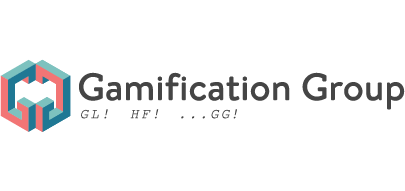 |
 |
 |
Course details
Lecture + Capstone Project, 4 SWS, ECTS-Credits: 5
Dates
Thursday, 09:45-13:00, LG 0.424
Module compatibility
WF IIS-MA 1 (ECTS-Credits: 5)
WF IIS-MA 2 (ECTS-Credits: 5)
WF IIS-MA 3 (ECTS-Credits: 5)
WF IIS-MA 4 (ECTS-Credits: 5)
WF WING-MA from 1 (ECTS-Credits: 5)
WF ICT-MA from 1 (ECTS-Credits: 5)
WF EEI-MA from 1 (ECTS-Credits: 5)
ECTS
Credits: 5
Registration
Starts on 2024 February 25, 14:00 via StudOn.
Additional information
More details on course updates, materials, technical requirements, and other information will be announced in StudOn.
Keywords: Gamification, Interactive Information Systems, HCI, Customer Engagement, Social Computing, Hedonic Systems, Games
Inspiration of previous semesters
Summer semester 2023
Capstone project topics:
- Design a strategy game in which the players take over the role of the immune system, make strategic decisions in order to win and learn more about the role of the protein IL-33 and how the immune system is using inflammations to eliminate attackers (for instance, bacteria) and set repair mechanisms in motion.
- Design a cooperative gameful simulation in Roblox in which the players take over the role of the immune system of a patient with Systemic Lupus Erythematosus (SLE) in the novel and revolutionary CAR T-cell therapy developed as part of this FAU research project
- Design a gamification approach that engages patients with lung diseases (e.g. Asthma or chronic obstructive pulmonary disease COPD) to participate in an app-based breath training for 20 days by using gamification elements to invoke competence satisfaction and an unique “game feel”.
- Design a gamification approach that engages patients with lung diseases (e.g. Asthma or chronic obstructive pulmonary disease COPD) to participate in an app-based breath training for at least 20 days by using a theme or narratives as a core games mechanic.
Focus:
Gamification, Heath, Science Communication, Games
Partners and guest lecturers:
Baturay Yalvac − COO (Breathment)
Sandra Jeleazcov − CEO SFB1181 (University Hospital Erlangen)
Georgina Guillén-Hanson − Researcher on Gamifying Sustainable Consumption (Gamification Group Finland)
Daniel Fernández Galeote − Game Designer and Researcher on Gamifying Sustainable Consumption (Gamification Group Finland)
Dr. Velvet Spors − Researcher on Gamification of Mental Health (Gamification Group Finland)
 |
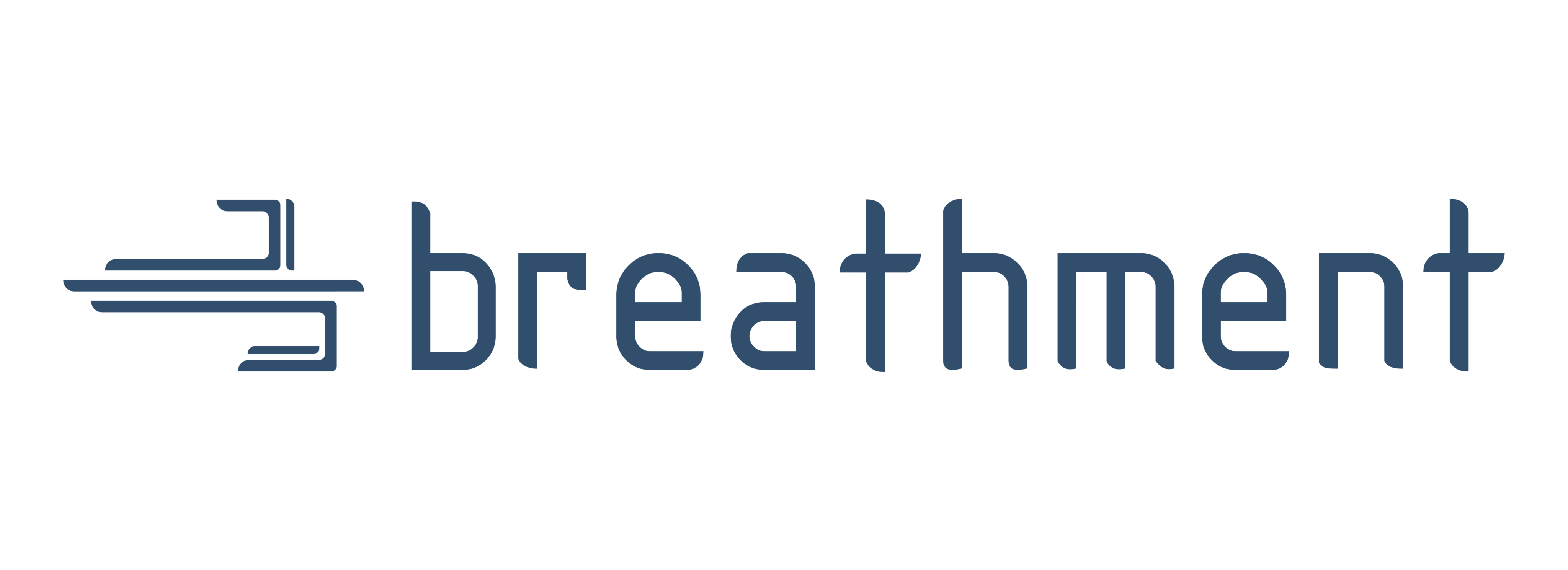 |
 |
Summer semester 2022
Capstone project topic:
Design and investigate a novel digital gamification solution for your favorite team sports in order to increase the athlete’s training experience and the social dynamics within teams.
Focus:
Gamification, Team sports, Collaboration, Training, Augmented Reality, Health
Partners and guest lecturers:
Burkhard Dümler − Director Program & Projects IT Innovation (adidas AG)
Georgina Guillén-Hanson − Researcher on Gamifying Sustainable Consumption (Gamification Group Finland)
Daniel Fernández Galeote − Game Designer and Researcher on Gamifying Sustainable Consumption (Gamification Group Finland)
 |
Winter semester 2021/2022
Capstone project topic:
Design of an innovative game or gamification approach at the intersection of gaming, mobility and space technology, which improve life on earth or travel in space.
Focus:
Gamification, Crowdsourcing, Satellite Techonology, Mobility, Augmented Reality
Event:
Billionaires start space tourism
Guest lecturers:
Alexander Satanowsky − Head of in-Car Gaming (Mercedes-Benz AG)
Georgina Guillén-Hanson − Researcher on Gamifying Sustainable Consumption (Gamification Group Finland)
Daniel Fernández Galeote − Game Designer and Researcher on Gamifying Sustainable Consumption (Gamification Group Finland)
Dr. Michael Reinhardt − Head of OpenIT Studio (Siemens Healthineers)
Nicolas Butterwegge − IT Strategy Manager (Siemens Healthineers)
 |
Summer semester 2021
Capstone project challenge:
Design of an innovative game or gamification approach in which sports, gaming, and mobility meet as part of an unforgettable mixed-reality experience for potential visitors of the 2022 Olympic Asian Games in China, Hangzhou.
Focus:
eSports, Sports, Augmented Reality, Mobility, Gamification
Event:
Asian games announced to have eSports as official discipline
Guest lecturers:
Alexander Satanowsky − Head of In-Car Gaming (Mercedes-Benz AG)
Georgina Guillén-Hanson − Researcher on Gamifying Sustainable Consumption (Gamification Group Finland)
Daniel Fernández Galeote − Game Designer and Researcher on Gamifying Sustainable Consumption (Gamification Group Finland)
 |
